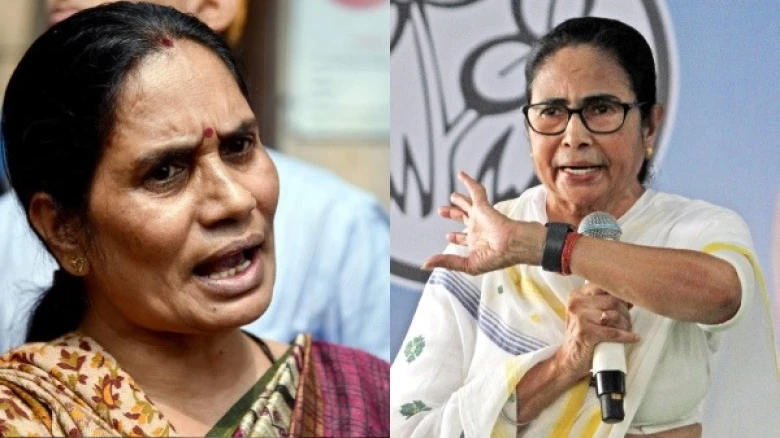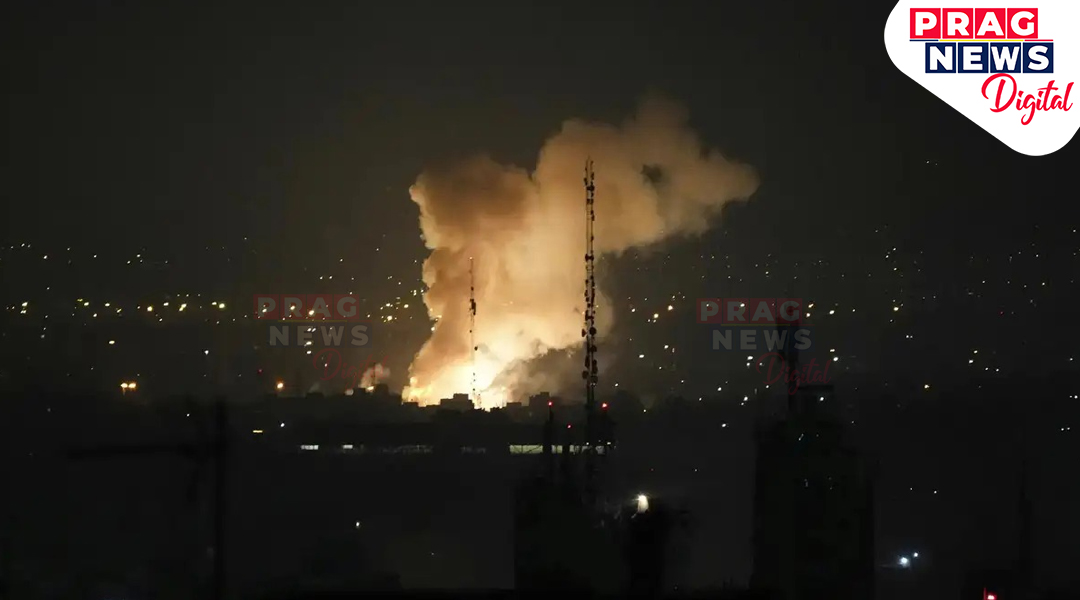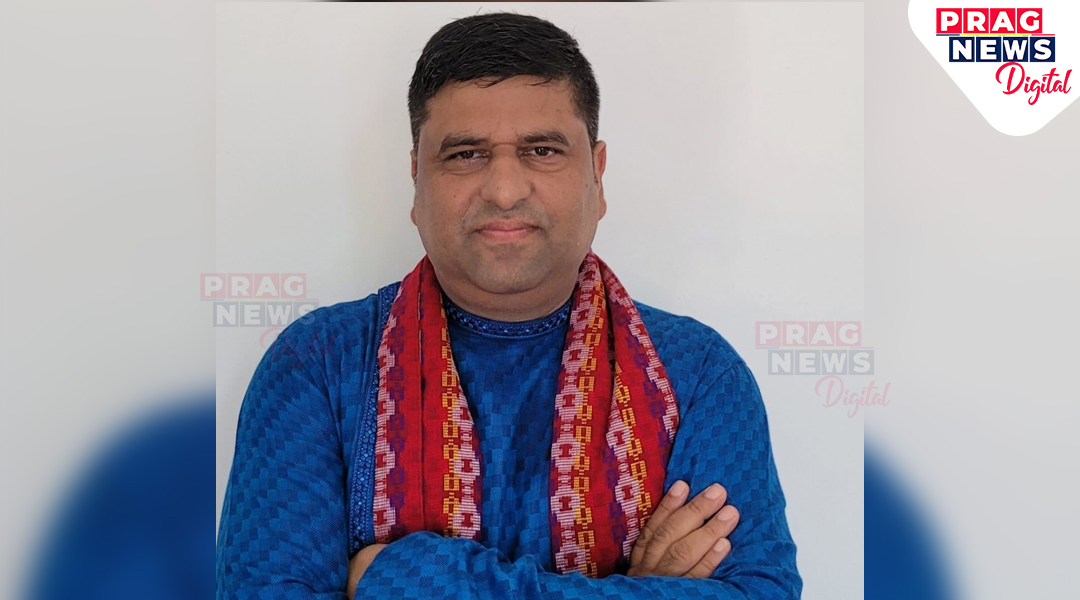India requested Rana’s extradition to face charges directly related to the 26/11 attacks...
Digital Desk: In a significant legal development, the United States Court of Appeals for the Ninth Circuit has upheld the ruling allowing the extradition of Tahawwur Hussain Rana, a Pakistani national accused of involvement in the 2008 Mumbai terror attacks. This ruling represents a significant advance in India’s efforts to secure justice for one of the most devastating terrorist incidents in its history.
Tahawwur Rana’s involvement in the 26/11 Mumbai attacks has been the subject of intense legal scrutiny. The attacks, orchestrated by the Pakistan-based terrorist group Lashkar-e-Taiba (LeT), lasted over 60 hours and resulted in the deaths of 166 people, including six Americans. The terrorists targeted various locations in Mumbai, including hotels, a railway station, and a Jewish community center, causing widespread devastation.
Rana, who was residing in the United States at the time of the attacks, is alleged to have played a key role in facilitating the logistics and reconnaissance for the attackers. He is said to have worked closely with David Coleman Headley, a Pakistani-American LeT operative and one of the masterminds behind the attacks. Headley was sentenced to 35 years in prison after pleading guilty to his role, but Rana’s involvement has been a contentious issue, especially regarding his extradition to India.
Rana’s legal challenges began in the United States, where he was tried in a US District Court. He was found guilty of providing material support to a foreign terrorist organization and conspiring to support a foiled terrorist plot in Denmark.
However, he was acquitted of specific charges related to the Mumbai attacks. Despite this acquittal, India requested Rana’s extradition to face charges directly related to the 26/11 attacks, invoking the India-US Extradition Treaty.
Rana’s defense argued against extradition based on the Non Bis in Idem principle, or double jeopardy, which prevents an individual from being tried twice for the same offense. They contended that since Rana had already been acquitted in the United States for charges related to the Mumbai attacks, extradition would violate this principle. However, the Ninth Circuit Court rejected this argument.
The court ruled that the double jeopardy provision did not apply because the charges in India involved different legal elements than those for which Rana had been acquitted in the United States. The court’s interpretation of the treaty clarified that “offense” refers to the specific charges rather than the underlying acts.
This ruling is a pivotal moment in the prolonged legal battle surrounding Rana’s extradition. The decision reinforces the application of the extradition treaty between India and the United States, particularly in complex international terrorism cases. The court’s judgment underscores that extradition can proceed even when similar charges have been addressed in the requesting state, provided that the charges have distinct legal elements.
Currently held in a Los Angeles jail, Rana still has the option to appeal the decision to the US Supreme Court, though the likelihood of success remains uncertain. If all appeals are exhausted, Rana could be extradited to India, where he would face trial for his alleged involvement in the Mumbai attacks.
The implications of this case extend beyond legal technicalities, touching on diplomatic relations between the United States and India. The Mumbai terror attacks have been a significant point of contention and concern for both countries, due to the scale of violence and the international nature of the conspiracy. The extradition of Rana would be a powerful symbol of cooperation between the two nations in the global fight against terrorism.
The Ninth Circuit’s decision to uphold Rana’s extradition represents a crucial step towards justice for the victims of the 2008 Mumbai attacks. While Rana’s legal team may continue to seek ways to avoid extradition, the court’s ruling highlights the importance of international treaties in addressing complex terrorism cases.
If Rana is extradited, his trial in India could bring much-needed closure to one of the darkest chapters in the country’s recent history. As the legal process continues, the world remains hopeful that justice will be served for the heinous crimes committed during the 26/11 attacks.



















